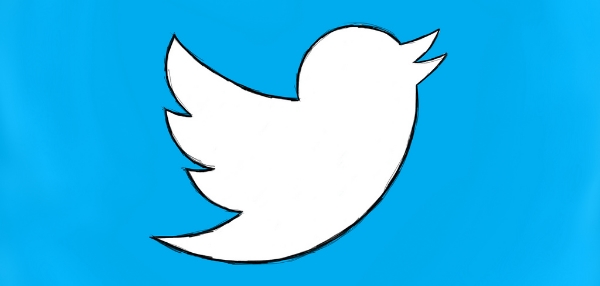
Source: Shawn Campbell
In shared content worth anything if it isn’t getting read? That’s the question many are asking after a recent study from Columbia University and the French National Institute found that the majority of content that gets shared on Twitter (59%) is never clicked on.
The study reviewed a month’s worth of visits to five popular news sites (BBC, Huffington Post, CNN, New York Times, and Fox News). According to the results, 2.8 million shares on Twitter ultimately drove 9.6 million visits to 59,000 pages.
That means that even if a piece of content gets shared a lot, there is no guarantee you’ll see much traffic from it. At first, the numbers may seem worrying, but really this is something most people should already know deep down. It’s no secret that there are plenty of people out there who share links without ever clicking.
Unsurprisingly, a few specific types of content referred to in the study as ‘blockbuster content’ generated 90 percent of the clicks overall. That can hurt to read, but yet again it should not be a shock.
Ultimately this study is just making the nature of content marketing explicit. You will always have content that doesn’t perform no matter how much you promote it, and there is always the chance you’ll be surprised to see some articles receive a huge number of clicks seemingly out of nowhere. The goal isn’t to make a home run every time, but to make sure your overall averages are always going up.
One of the most important ways to make sure your articles are most likely to be clicked on and read is to have a great title. You may have a topic that will grab social media users’ attentions and get them to click the share button. But, if you want them to take the time to really read your content you need to have a headline that stops them in their tracks.
In a perfect world, there would be a perfect correlation between sharing and reading. Content publishers like to think that everyone who interacts with their content is really getting value from it. That’s not the case. Since the advent of the written word, there have been those who got their news from headlines and quick summaries. The internet hasn’t changed that.



